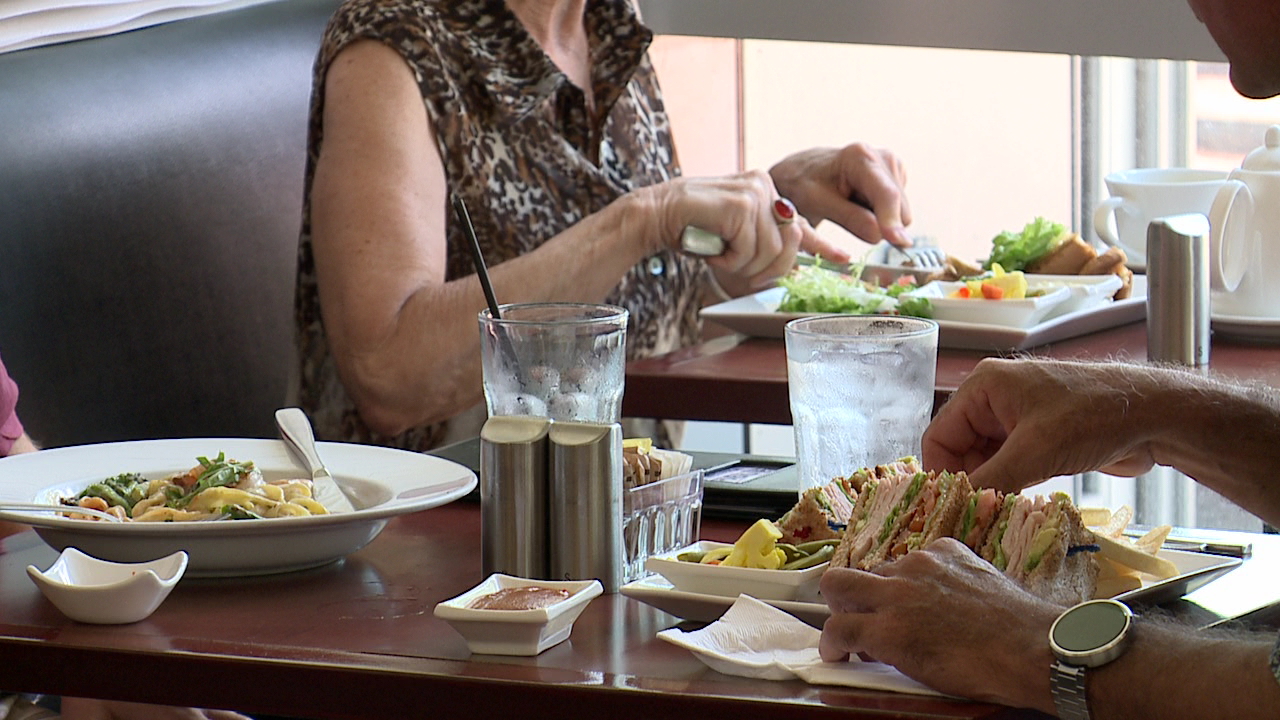
HONOLULU (KHON2) — March is National Nutrition Month, a time to focus on developing healthy eating habits. Vanessa King, Clinical Nutrition Manager, at The Queen’s Health System joined Wake Up 2Day during our Ask a Specialist segment to bring more information.
Check out more news from around Hawaii
King dispelled some of the most common myths about nutrition.
Myth 1: Fresh fruits and vegetables are always healthier than canned, frozen, or dried varieties.
“The truth is that all kinds of fruits and vegetables, fresh, canned, frozen, dried are all good for you foods to be enjoyed regularly. Frozen canned and dried can actually make it more affordable to get more fruits and vegetables in your life as well as they can make it easier. Fresh is one great way but frozen is picked at the height in its freshness, then cut up washed, cleaned, and frozen for you so that when you get it, it’s much easier to prepare, much less cleanup,” King said.
Myth 2: All fat is bad.
“It used to be thought that all fat is bad for your health but now we know that some fats actually have great health benefits,” King said. “For example, Omega-3 fatty acids which is just another type of fat, actually is good for the brain, heart, eye, and nerve health as well as can reduce inflammation in your body. Since our body can’t make Omega-3’s we have to get it from the foods we eat.”
Myth 3: Carbohydrates should be avoided if we’re trying to lose weight and eat healthy.
“The truth is, carbohydrates aren’t naturally weight-gaining foods,” King said. “How it really works is that if you are eating more than your body is using you’re going to gain weight. If it’s coming from carbs, protein, fat, or alcohol. Carbohydrates are actually really great for our brain health, when we want to exercise our body likes to use carbohydrates and it can be a great part of weight management and weight loss if you’re having whole grains, whole fruits and vegetables which have lots of vitamins for energy, but also have fiber and water which help us to feel full.”
Myth 4: Plant-based milk is healthier than dairy milk.
“Americans mostly get our calcium from dairy foods and milk. It’s not just about the calcium, milk also is a great source of protein as well as vitamin D. With the exception of fortified soy beverages other plant-based milks such as almond, cashew, rice, and oats are not considered a nutrition equivalent to dairy. However for people who are vegan or they have a dairy sensitivity or allergy that can’t enjoy dairy, you can still get your calcium and vitamin D from other foods such as canned fish, dark leafy vegetables, or foods that are fortified.”
Get Hawaii’s latest morning news delivered to your inbox, sign up for News 2 You
To learn more about the services provided by The Queen’s Health System, or to find a physician, you can visit their website.
